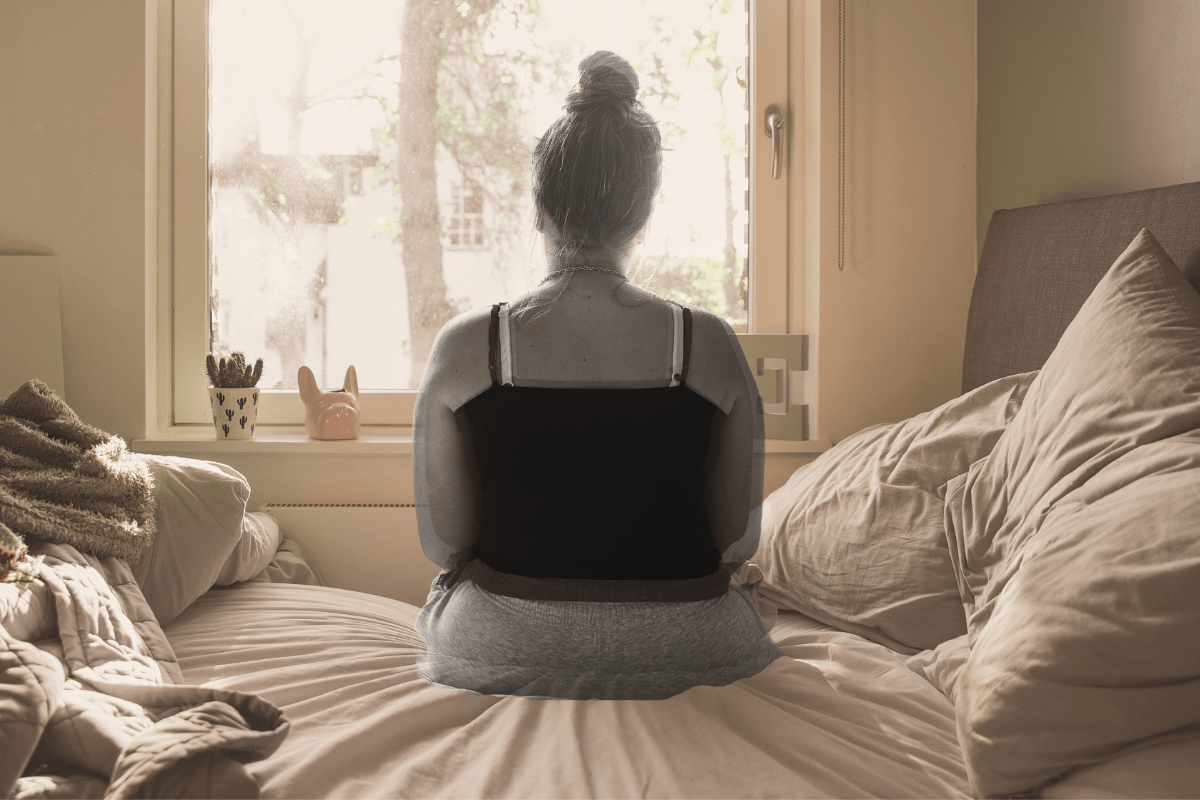
This article includes descriptions of disordered eating that may be distressing to some readers.
It's a Tuesday afternoon, and a nine-year-old Melani De Sousa comes home from school and heads straight to the pantry, looking for something to snack on.
While it might paint a pretty normal picture of any Aussie kid, hungry after a day of school, Melani's story is different.
"I would spend the next two to three hours eating everything I could," she recalls.
"I remember filling large cooking bowls with cereal, honey and milk and sitting in front of the TV while I ate and ate."
"It began as a way to cope," she told Mamamia.
After immigrating to Australia with her family, eating became the only thing she said she truly looked forward to, using it as a crutch to detach from her emotional pain.
Now 32 years old, Melani has lived with a binge eating disorder for 15 years.
It took a decade for her to get the correct diagnosis and treatment.
Then there's Lyndi Cohen.
She's a well-renowned Australian nutritionist, dietician (known on Instagram as @nude_nutritionist) and author who is open about her experience with binge eating disorder on social media.
In an interview with Mamamia, she said: "I was put on my first diet at the age of 11 for no reason other than the fact that I wasn't thin. I wasn't in the weight range according to BMI. I started counting calories, weighing myself, and avoiding certain foods — it wasn't just about eating smaller portion sizes.


Top Comments